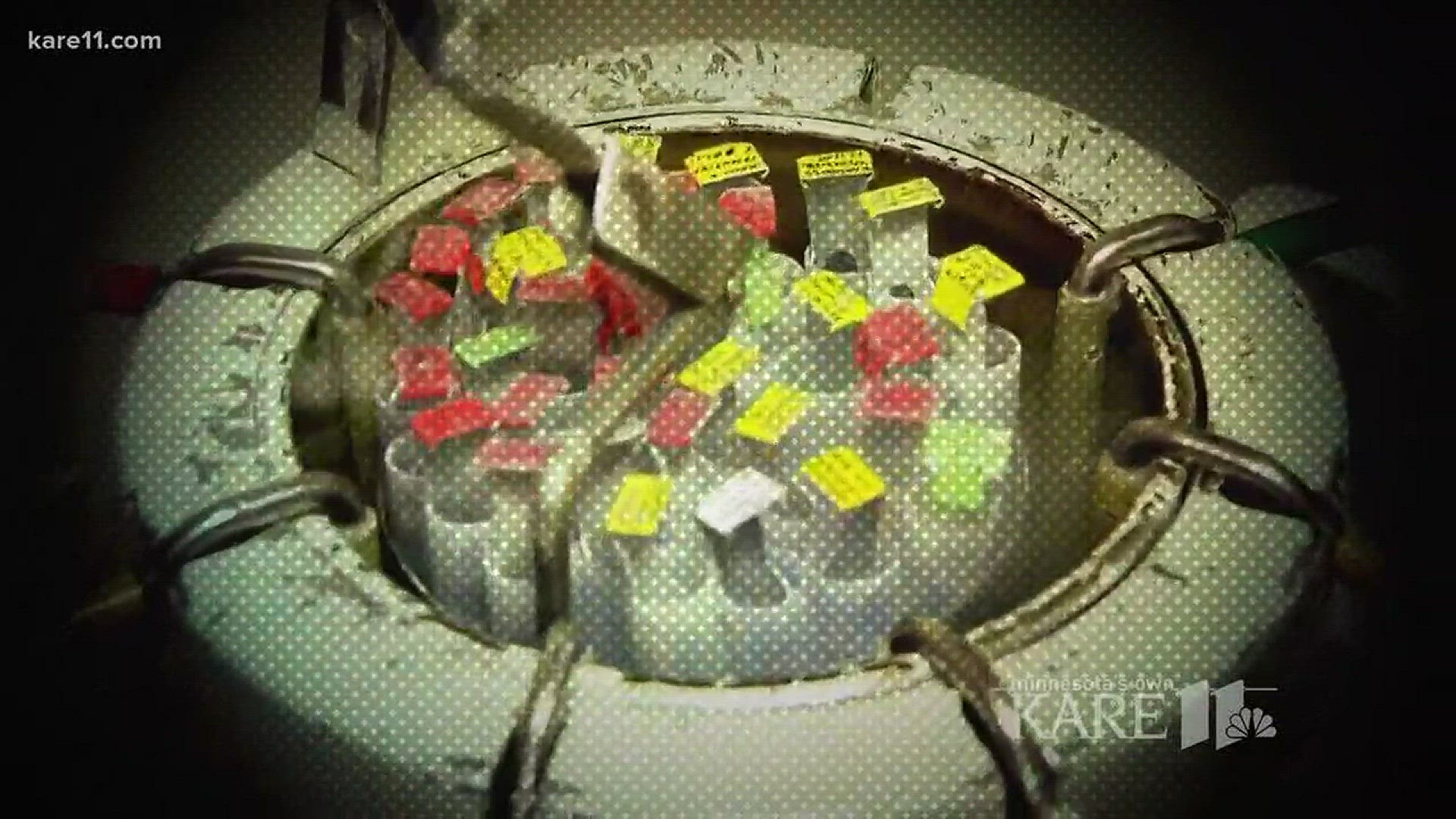ST. PAUL, Minn. - Conceiving is a struggle for some families. And now, for some women, the chance of getting pregnant may be gone.
Two clinics – one California and the other in Cleveland – reported the tanks containing liquid nitrogen used to store eggs and embryos malfunctioned. In one case, the temperature climbed and some of the eggs and embryos may no longer be viable. According to a lawsuit filed, the alarms reportedly went off but nobody was at the University Hospitals in Cleveland. More than 600 families were affected.
In Minnesota, Dr. Mark Damario with the Center for Reproductive Medicine and Advanced Reproductive Technologies says their clinics have a series of steps in place to prevent similar mistakes.
"For instance, our lab staff checks every single tank every single day. Tare alarm systems on these tanks. For instance, if liquid nitrogen falls below a certain level the alarm system will activate a phone service that contacts our labs staff to immediately check the tanks,” he said. “I would say that there is a lot of surveillance of storage tanks. In our program, for instance, we have lot of measures in place to prevent any problems with low levels of liquid nitrogen.”
And Dr. Damario says families should ask questions when choosing their fertility clinic.
For example: Does the equipment have alarms, are members of the staff checking the equipment, and if something fails, is there a safe storage place for the eggs and embryos?
“From a practical standpoint there can’t be a staff person on site every hour of the day. Some of our tanks are geared to have a reservoir feed of liquid nitrogen if their levels are low,” he said.

